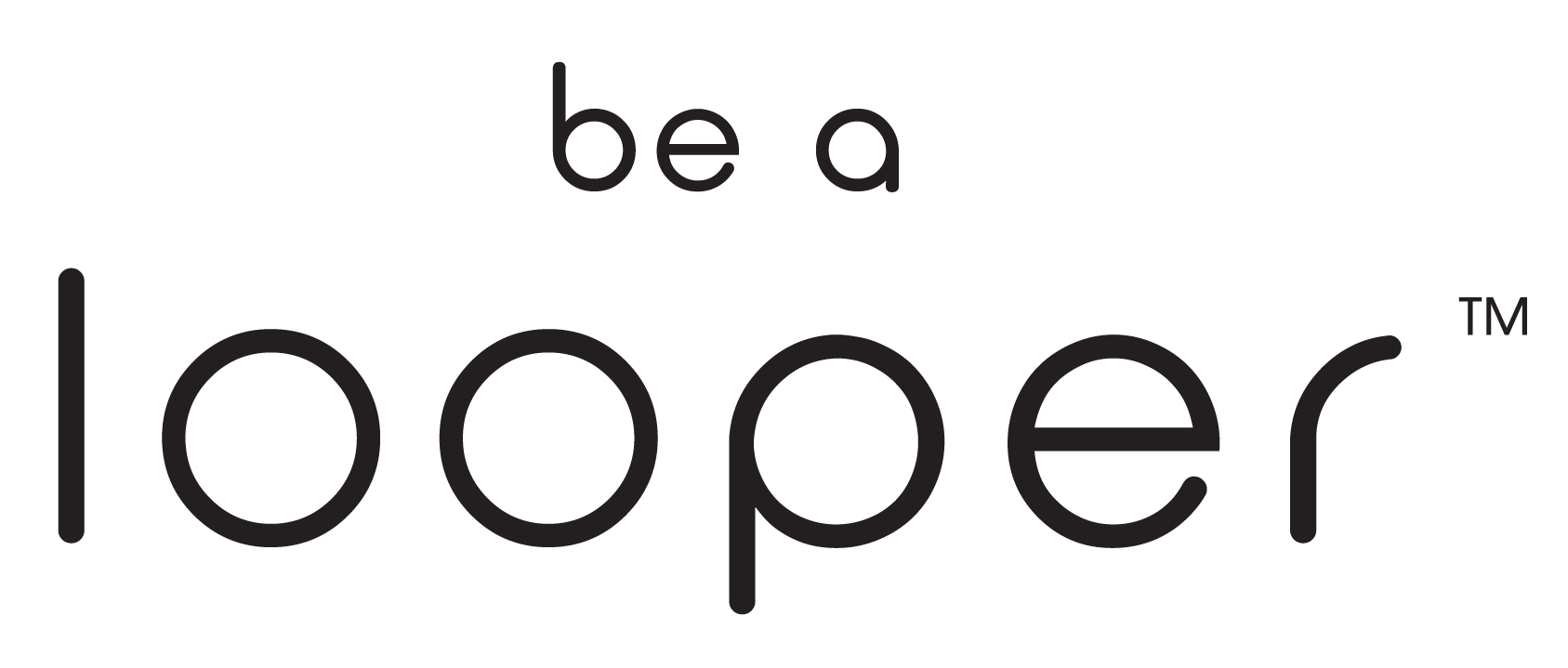Bridging The Gap Between Sharing Emotions and Mobile Phones - Using Technology To Reduce Isolation
Social Support is vital right now.
Our first proprietary technology Be A Looper® is driven by social support, with the emphasis on reducing isolation by providing a sense of safety and community.
Our own Roy Sugarman PHD explains that, we know from Self-Determination Theory that the concept of relatedness as a powerful need and driver of behaviour has been proven out in many settings.
Read More
Consciousness, Mindfulness and Cinema: An Interview with Tom Cronin
We caught up with The Portal Producer Tom Cronin to find out more on his personal experience with Mindfulness Meditation.
Read More
Top 5 Mindfulness Meditation Apps of 2020
Meditation is a mind and body relaxation practise which has soared in popularity over the past decade, and for good reason. Clinical studies suggest Mindfulness Meditation may significantly reduce stress, anxiety and depression as well as improve overall Health and Well-Being. By practising Meditation daily for just four weeks the brain structure changes, regenerating white matter and reversing brain degeneration.
With the advances in technology and having an overwhelming number of apps to choose from it has become increasingly easier and more accessible to learn meditation techniques simply with the touch of a finger. However, with such a staggering choice of apps available comes the question of which app is best?
Read More
The Science, Innovation and Outcomes Driving Mental Health App, Be A Looper
Social Health Innovations CEO Amanda Hart and Neuroscience Lead, Dr Roy Sugarman unveil the scientific and design insights behind mental health app Be A Looper.
Read More
They researched, we listened and implemented. The importance of design for mental health technologies
Technology plays an important role in peer support for mental health. Innovations in peer support tools for mental health could make a substantial difference to people with mental illnesses for whom the role of technology is “excruciatingly crucial,” “essential,” and “lifesaving,” as some of our participants indicated.
Read More





